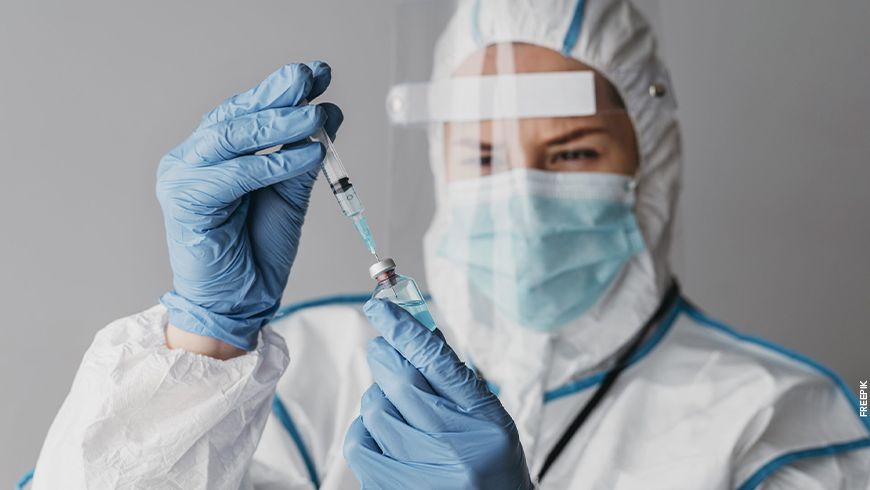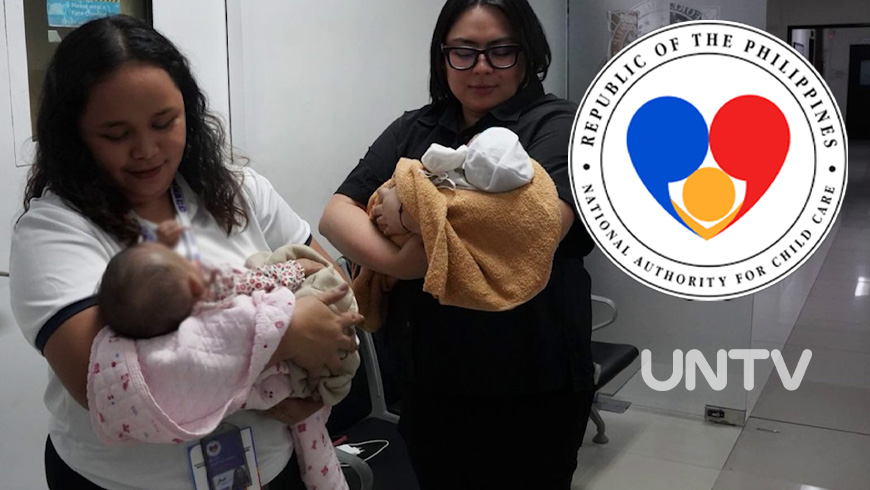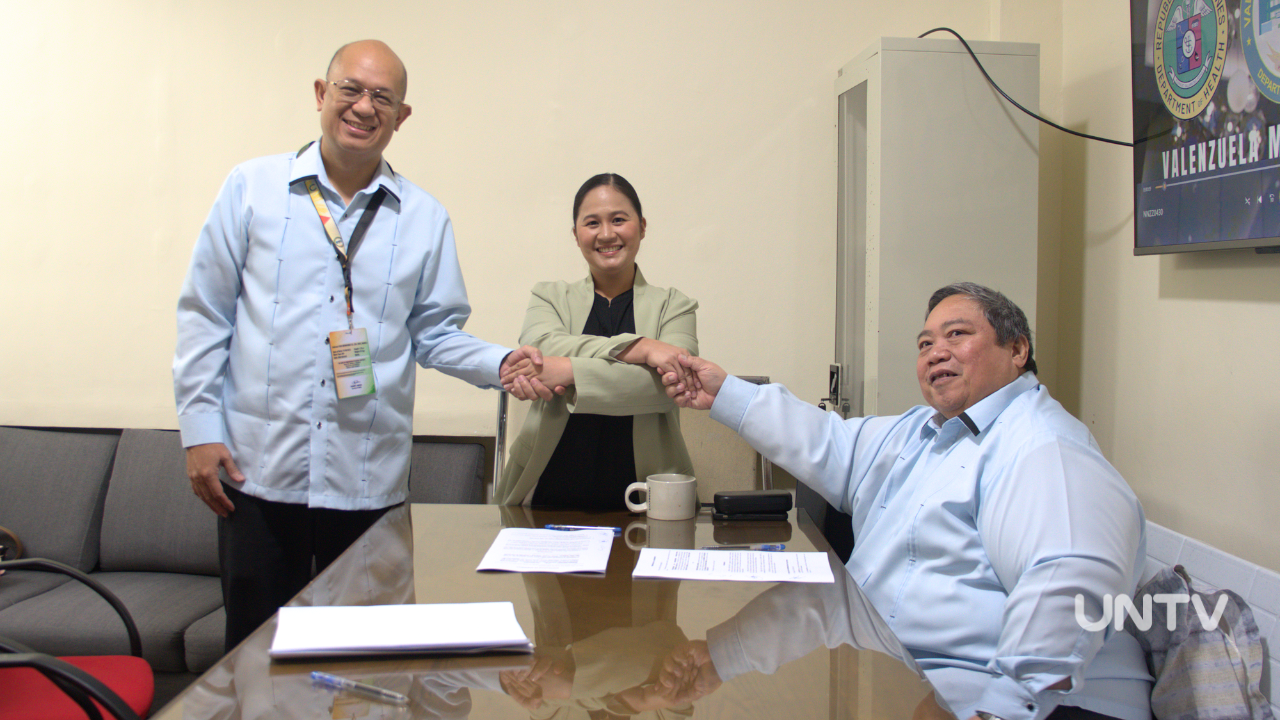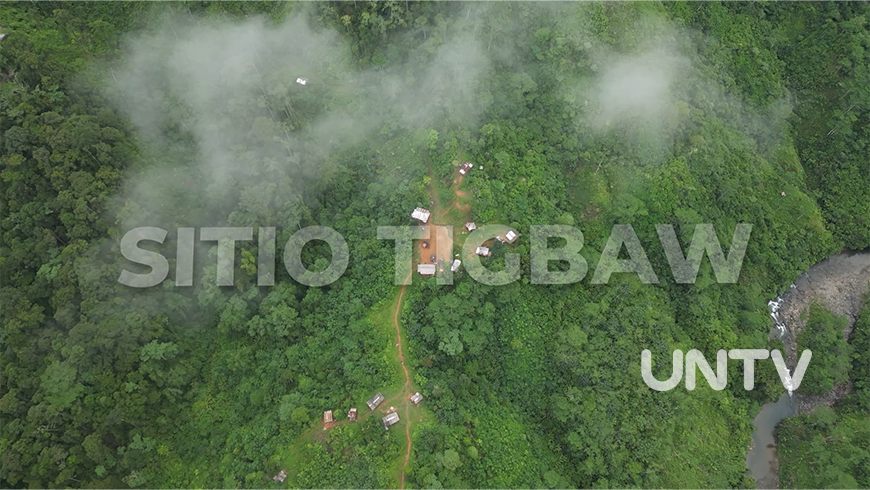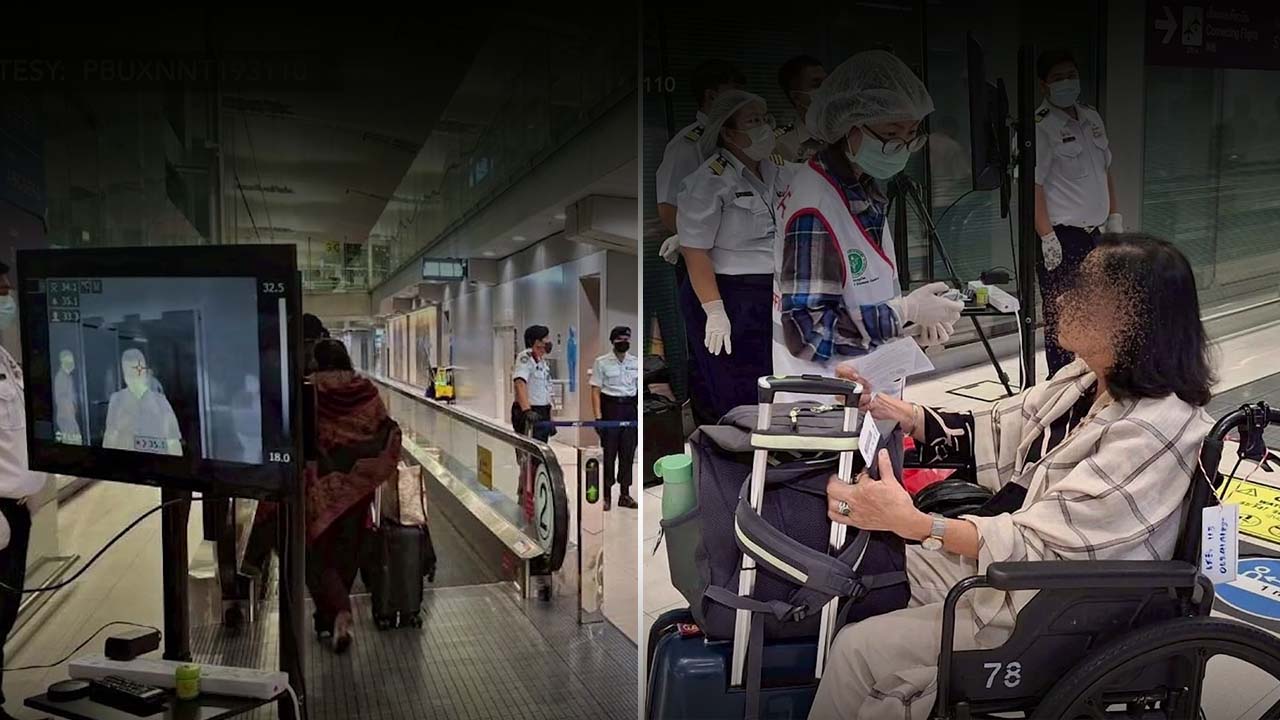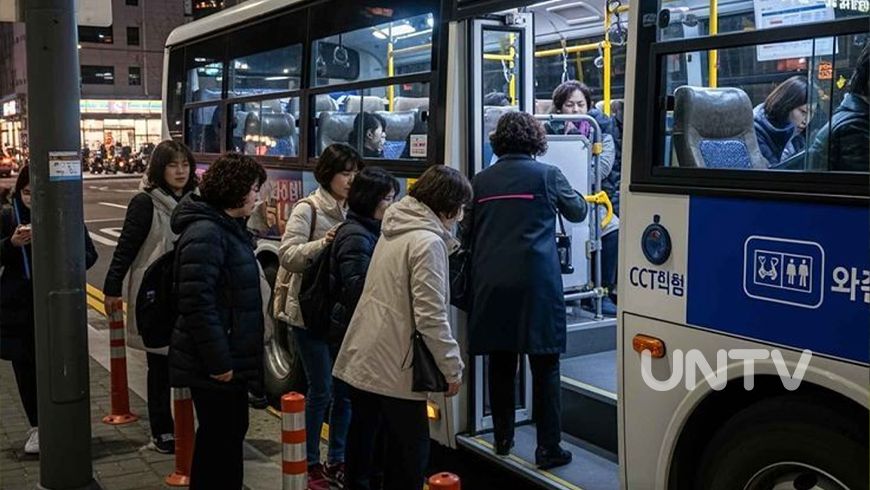President Ferdinand “Bongbong” Marcos Jr. signed a landmark measure, Republic Act No. 12290—the Virology and Vaccine Institute of the Philippines (VIP) Act—into law on September 12, 2025. This decisive action creates a dedicated, national-level research institute to lead the fight against present and future health threats.
The VIP Act establishes the Virology and Vaccine Institute of the Philippines, placing the country firmly on a path toward vaccine self-reliance and stronger scientific resilience. This pivotal law, championed in the Senate by Sen. Pia Cayetano, is poised to revolutionize the nation's public health and scientific landscape.
The new institute will serve as the country’s lead national research center, tasked with conducting Research and Development (R&D) on viruses, diagnostics, therapeutics, and vaccines. Critically, the VIP is anchored in a "One Health" approach, which formally recognizes the crucial interconnectedness of human, animal, plant, and environmental health.
This mandate ensures the VIP's research will encompass a wide spectrum of pathogens, tackling diseases that threaten not only human lives but also the nation's agriculture and food security. The VIP will also work to build local and international linkages, supporting capacity building for Filipino scientists.
To fulfill its ambitious mission, the VIP will be established in the New Clark Economic Zone in Tarlac, occupying a minimum of five hectares with state-of-the-art biosafety infrastructure aligned with global standards. Administratively, the VIP is attached to the Department of Science and Technology (DOST) and will be governed by a VIP Board, co-chaired by the Secretaries of the Department of Health (DOH) and the Department of Agriculture (DA), ensuring multi-sectoral coordination.
Furthermore, the law guarantees robust funding by establishing a Virology Research Fund and providing significant incentives: donations made exclusively for the VIP are exempt from the donor's tax and deductible from gross income, actively encouraging local and foreign support.
The VIP Act is designed to attract and empower top scientific talent. Employees of the new institute are entitled to Magna Carta benefits (RA 8439), and the VIP has the authority to hire consultants, Balik Scientists, and foreign experts to bolster its research capabilities.
Beyond staffing, the law promotes public-private partnerships and knowledge transfer with state universities and colleges and higher education institutions. It also mandates the development of an industry roadmap for vaccine self-reliance and local material use, while guaranteeing intellectual property protection for technologies developed under its wing.
With the law now enacted, the transition and implementation are set to begin. Within three years, the VIP will absorb DOST units related to virology while ensuring security of tenure for affected civil service employees. To maintain accountability, the VIP must submit an annual report to the President and Congress by March 30, and a Joint Congressional Oversight Committee will monitor the law's implementation.
By leading national research and fostering a collaborative environment, the VIP is projected to be the Philippines’ vanguard against infectious disease threats, solidifying the nation's future health security and scientific progress.



%201.svg)











